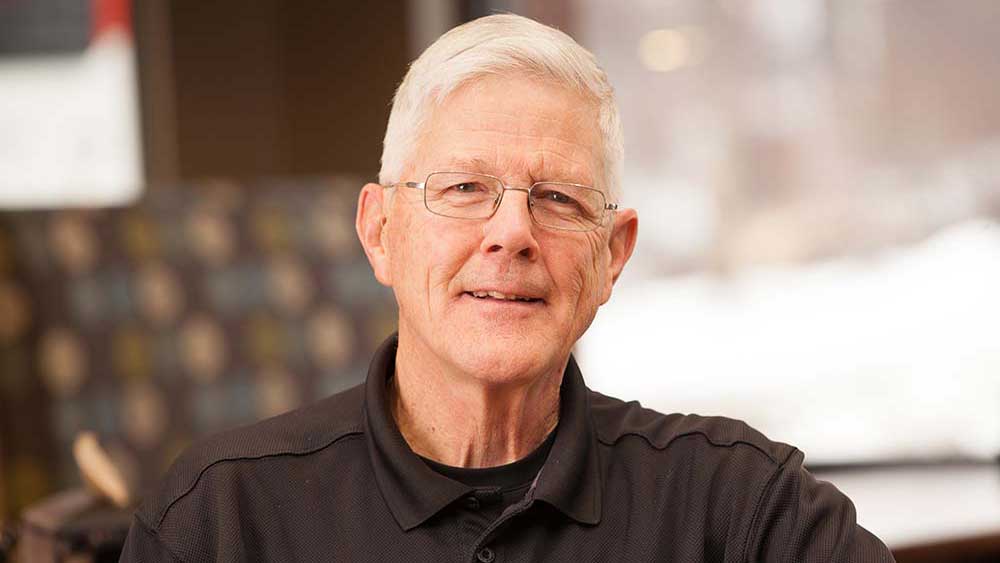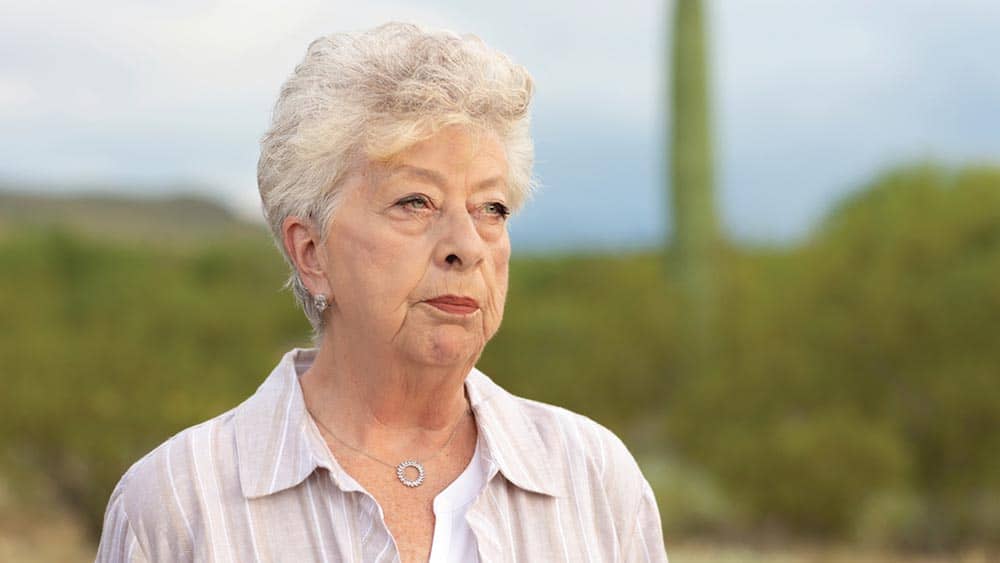

During the Holidays, Watch for Clues Indicating Your Senior Loved One Might Need Help
Holidays are synonymous with spending time with family, whether that’s traveling long distances to see parents or grandparents whom you don’t get to see often, or spending an extended amount of time with loved ones who live close to you.
The extra time together may give you some surprising insight into the behavior of your aging parents or grandparents. Being face to face with your loved ones can help you realize that what seems like age-related forgetfulness can really be part of a larger problem or diagnosis.
How to Spot Health and Age-Related Changes
Dr. Diane Darby Beach, a gerontologist in San Diego, says that well-being is easier to fake during phone conversations than in person. The holiday season, therefore, is an ideal time to be on the lookout for potential health issues a loved one may be facing.
“Highly intellectual people have what is known as ‘cognitive reserve,’ which is a buildup of neurotransmitters and brain cells,” says Dr. Darby Beach. “So if they have short-term memory loss, they can figure out how to cover their tracks.”
When it comes to memory loss, it’s important to recognize the difference between misplacing your keys or losing track of why you walked into a room, and putting something perishable — like milk — in a cupboard or being unable to recall your thought process. You may also find that memory loss sometimes deteriorates to affect your loved one’s personality and judgement.
But short-term memory loss is only one component of a potential health problem. Other signs to look for include:
- A pile of unpaid bills in the house.
- A disheveled house or disheveled appearance, especially in someone who was always pristine with both.
- Increased falls or a change in gait.
- Wandering or getting lost.
- Weight loss.
- A change in emotional well-being, such as sudden isolation or depression.
- Lapse in personal hygiene.
While some of the above symptoms can be signs of Alzheimer’s disease or other form of dementia, symptoms like weight loss can signal other illnesses that haven’t been diagnosed.
What to Do After a Problem Has Been Identified
Dr. Darby Beach suggests that if you are concerned about the well-being of a loved one, you may want to take the following steps to find out more:
- Talk to a neighbor. If your aging loved one doesn’t live close to family or has been isolated from family for a period of time, talking to your loved one’s neighbors can help fill in a lot of blanks. In many cases, you might find that the neighbors have had concerns for a while but have not known whom to contact in the family.
- Call their doctor. If your loved one has a regular physician, contact that person to talk about the signs and symptoms you’ve noticed. The physician might recommend that you come in with your loved one for an appointment, or, based on what you’ve told the physician, he or she might refer you to a specialist.
- Find local resources. Whether that means contacting a senior center, aging and independent services offered by the state or federal government, or a local place of worship, all are bound to have ample resources for you to figure out how to take the next steps in getting your loved one the help they need.
“Nobody makes a good decision when they are in crisis mode,” says Dr. Darby Beach. “Dealing with a parent’s or grandparent’s health issues head on is the best way to ensure that you are making the right choices for them in the long run.”
Latest Resources for Seniors
Featured article








